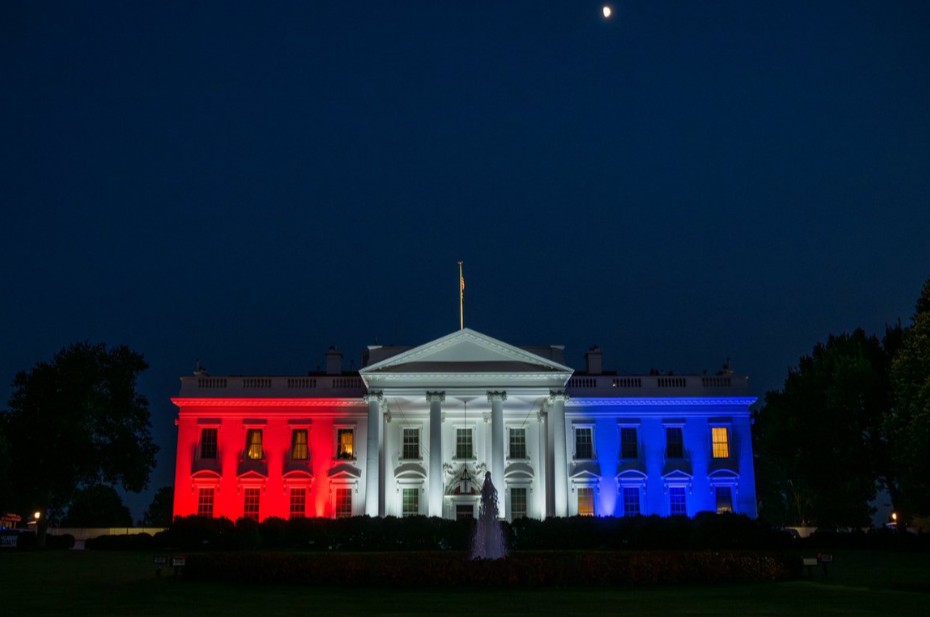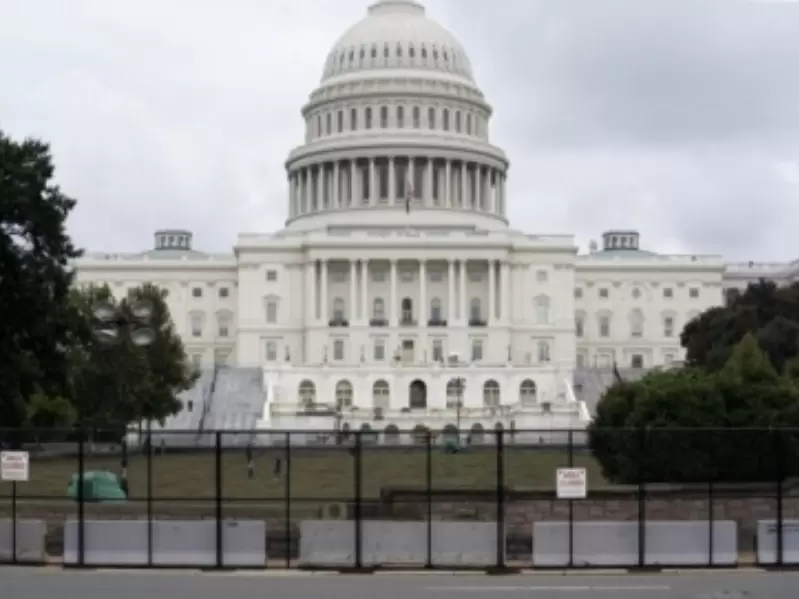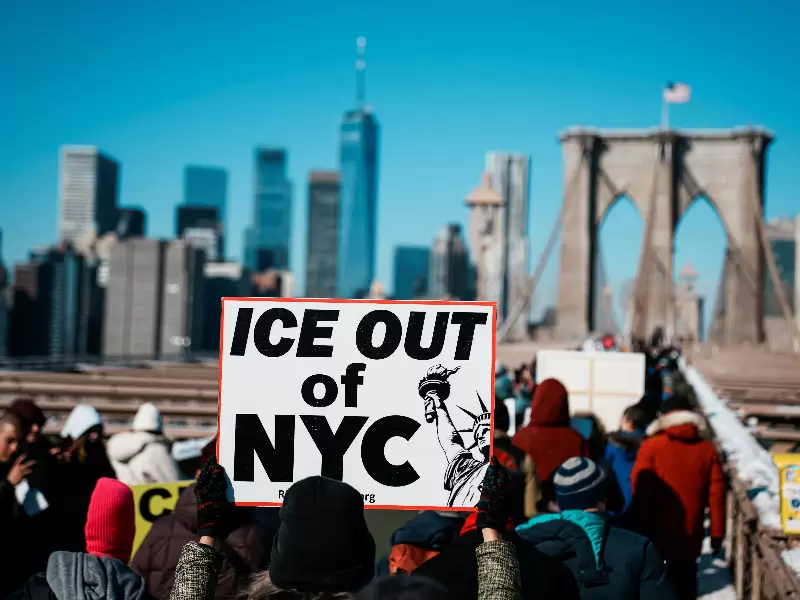Trump’s ego cannot destroy U.S.-India ties: Rep. Khanna
Khanna said Trump’s tariff hike on India stems from personal grievances over not being nominated for a Nobel Peace Prize by Prime Minister Modi.
.png) Congressman Ro Khanna / File Photo
Congressman Ro Khanna / File Photo
Indian-American Congressman Ro Khanna criticized President Donald Trump’s latest tariff action against India, warning it risks undermining three decades of bipartisan work on the U.S.-India strategic partnership.
Sounding the alarm, Khanna who serves as the co-chair of the U.S.-India caucus, said, “He’s undermining 30 years of bipartisan work to strengthen the U.S.-India alliance. He has imposed a 50 percent tariff on India, higher than any other country other than Brazil. It’s a higher tariff than the tariff on China.”
Also Read: Speak out: Rep. Khanna urges MAGA Indian Americans to denounce tariffs
Khanna said the tariffs were damaging to both sides, hurting “India’s exports of leather and textiles into the United States” and harming “American manufacturers and our exports into India.” He also warned that Trump’s actions were “driving India towards China and towards Russia.”
Trump is destroying 30 years of bipartisan work to build the US-India strategic partnership because Modi refuses to nominate him for a Nobel Peace Prize. He imposed higher tariffs of 50% on India than China.
— Ro Khanna (@RoKhanna) September 2, 2025
Which Indian Americans who voted for Trump are speaking out? https://t.co/KdBYIUWDMo pic.twitter.com/GNG8aiNOH5
According to Khanna, the escalation stems from Trump's personal grievances over Prime Minister Modi's refusal to nominate him for the Nobel Peace Prize, while India has stated that the border dispute with Pakistan is an internal matter and has refused to give Donald Trump credit.
“We can’t allow the ego of Donald Trump to destroy a strategic relationship with India that is key to ensuring that America leads and not China.”
Earlier, the California democrat had publicly urged Indian Americans who supported Trump in the 2024 election to break their silence. “To all those Indian-Americans who voted for Donald Trump, I’m asking you, where are you today while he destroys this relationship?” he said.
“I am waiting for all those Indian Americans who voted for Trump over Harris — you know who you are — to speak out against Trump sabotaging the partnership with blanket tariffs that are harsher than those on China,” he urged.
The dispute follows Washington’s imposition of sweeping tariffs last week, which combined a “reciprocal” duty with a penalty tied to India’s continued import of Russian oil. The measures, covering textiles, jewellery, furniture and seafood, are seen as harsher than those on China, with analysts warning they could affect nearly 70 percent of Indian exports to the U.S.
ADVERTISEMENT
ADVERTISEMENT
E Paper
Video




 Malvika Choudhary
Malvika Choudhary

.jpg)
.jpg)










Comments
Start the conversation
Become a member of New India Abroad to start commenting.
Sign Up Now
Already have an account? Login